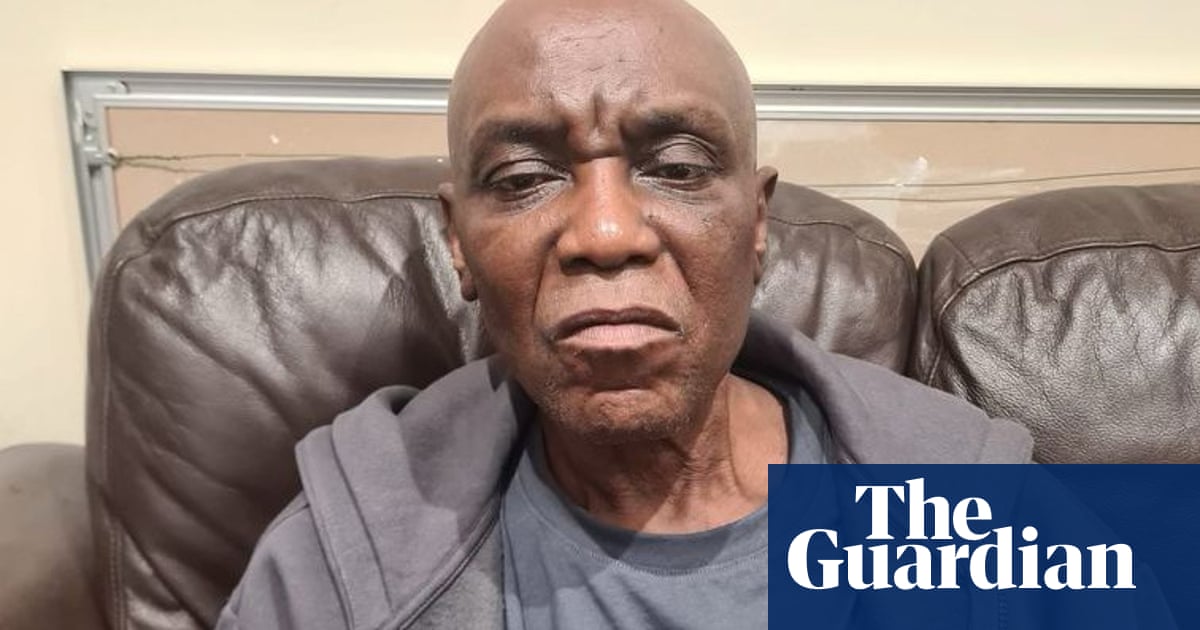
More than 175 historians have called on the Home Office to remove the history element of the UK citizenship test because of its “misleading and false” representation of slavery and empire.
The signatories say the official handbook, which the Life in the UK test is based on, creates a distorted version of history, which directly counters the values of tolerance and fairness it purports to promote.
In an open letter, the signatories, including 13 fellows of the British Academy, two past presidents of the Royal Historical Society and the director of the Stephen Lawrence Research Centre, write: “The official handbook published by the Home Office is fundamentally misleading and in places demonstrably false … People in the colonies and people of colour in the UK are nowhere actors in this official history. The handbook promotes the misleading view that the empire came to an end simply because the British decided it was the right thing to do. Similarly, the abolition of slavery is treated as a British achievement, in which enslaved people themselves played no part. The book is equally silent about colonial protests, uprisings and independence movements.”
Among the examples of “falsehood and misrepresentation” they highlight are the claim in the handbook that: “While slavery was illegal within Britain itself, by the 18th century it was a fully established overseas industry.” However, slavery’s legality within Britain was still a matter of debate at that time, as illustrated by the famous Somerset case in 1772. Adverts placed in newspapers show that many black people were held as slaves in Britain.
The handbook also states that “by the second part of the 20th century, there was, for the most part, an orderly transition from empire to Commonwealth, with countries being granted their independence”. The historians say that decolonisation was an often violent process, citing India and the Mau-Mau uprising in Kenya as just two examples.
The letter, signed by historians from major universities across the country, demands that the history element of the test be withdrawn until the guidebook can be corrected and rewritten.
Historian and broadcaster David Olusoga said: “This is another manifestation and a version of our history that whitewashes the difficult parts and if this is the history we’re telling to new fellow citizens then I somewhat despair.
“With the Black Lives Matter movement what we’ve seen is organisations and institutions all over the world listen in ways that they haven’t been able to do previously. So I’m hopeful that the Home Office will reappraise this handbook and its version of British history and offer new British citizens a fuller and more frank understanding of our past.”
Anindita Ghosh, professor of modern Indian history at the University of Manchester, is one of several signatories who have sat the test, in her case last year after some 25 years in the UK.
“One of the reasons I kept putting it off was the book, because I personally found it very insulting knowing what I know of British and Indian history to read what was there in the book.
“Britain would not have been Britain today, if it had not been fed these resources from two centuries of rule in India. It’s a joke to just have that one paragraph [referring to India].”
Simukai Chigudu, associate professor of African politics and fellow of St Antony’s College, University of Oxford, sat the test about 15 years after arriving from Zimbabwe. He said: “Having worked across a number of different institutions and lived in different parts of the country and so on, I felt like I had a really good grasp of what life in the UK is like. And then you read the handbook you have to take for the test and it’s just nonsense.
“It’s an array of some random facts and very simplistic history that the academic in me looked at and could see was a kind of form of national myth-making about the UK, that glosses over ugly sides of history that valorises a very mainstream populist view of the country, a sanitised version of colonialism and slavery.”
A Home Office spokesperson said: “Given the breadth of British history, the Life in the UK handbook provides a starting point to explore our past and help those seeking to live permanently in the UK gain a basic understanding of our society, culture and historical references which occur in everyday conversations.
“We have published several editions of the handbook since it was launched and will continue to keep its contents under review and consider any feedback we receive.”












